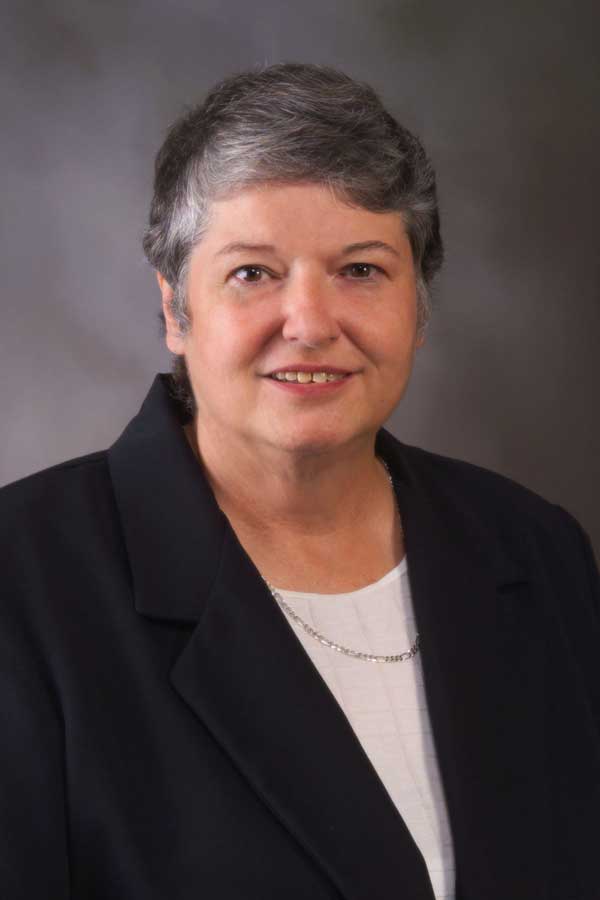College of Agriculture and Life Sciences dean moves on to Iowa State

Virginia Tech's College of Agriculture and Life Sciences Dean Sharron Quisenberry has accepted the position of vice president for research and economic development at Iowa State effective April 1.
“Sharron has been a transformative leader for the College of Agriculture and Life Sciences at Virginia Tech since her appointment in 2003. The college has made tremendous progress in all areas of its missions and is poised for continued success as one of the most progressive agriculture programs in the country. The decision to move on has been a very difficult decision for Sharron, but she will be embracing an exciting new opportunity as a senior administrator at one of our respected peer institutions. We have all benefited from the energy, creativity, leadership, and passion she brought to Virginia Tech,” stated Mark McNamee, senior vice president and provost.
Provost McNamee has sought the Academic Council’s input in seeking an internal candidate to fill the vacant position on a term basis. Quisenberry plans to step down as dean on March 1 and will prepare the leadership transition.
Quisenberry was appointed by President George Bush to serve on the board for International Food and Agriculture Development, had been the dean of agriculture at Montana State, and headed the Department of Entomology at the University of Nebraska-Lincoln. A Fellow of the Entomological Society of America, she is a national and international leader on plant/insect interactions and plant resistance to insects.
Quisenberry holds a Ph.D. and Master of Science, both in entomology, from the University of Missouri-Columbia; a Master of Arts in environmental biology from Hood College, and a B.S. Ed. in biology from Truman State University.
Nationally ranked among the top research institutions of its kind, Virginia Tech’s College of Agriculture and Life Sciences focuses on the science and business of living systems through learning, discovery, and engagement. The college’s comprehensive curriculum gives more than 2,500 students in a dozen academic departments a balanced education that ranges from food and fiber production to economics to human health. Students learn from the world’s leading agricultural and life scientists, who bring the latest science and technology into the classroom.




